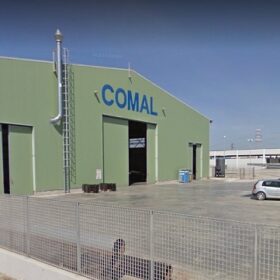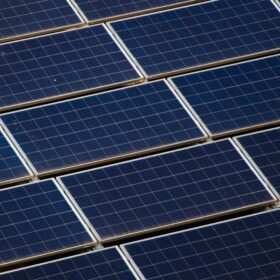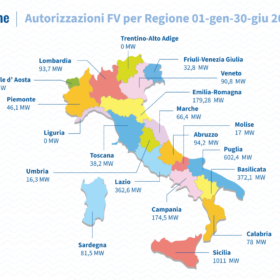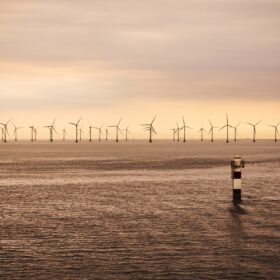Comal plans 500 MW solar module factory in Italy
Comal says it has acquired an industrial building near L’Aquila in central Italy for a 500 MW solar module factory. Production is scheduled to start in 2025.
Israel’s N2OFF enters solar business
Agri-food tech specialist N2OFF says it has entered the PV business by lending €375,000 ($407,000) to Israeli PV developer Solterra Renewable Energy. The loan is part of a larger €500,000 agreement, with the remaining €125,000 to come from other parties.
Fimer launches sale proceedings under extraordinary administration
Fimer has launched a process to sell itself to new owners. Interested investors have until Aug. 31 to submit offers.
Water-source heat pump integrating cooled photovoltaic panels, thermal storage
Researchers in Italy have designed a water-source heat pump system intended for generating cooling, heating and domestic hot water in social housing stock built during the 1970s–1990s. The novel concept integrates photovoltaic-thermal energy with thermal storage and promises a seasonal coefficient of performance of 5.
All indoor PV technologies at a glance
A review of indoor PV cell technologies by an international research team delves into recent progress, characterization, and design strategies used to develop highly efficient cells. The study presents 250 commercial and laboratory devices, as well as applications and performance reporting.
Italy’s regional authorities approve 3.358 MW of PV in H1
Italy’s regional governments approved 3.358 MW of solar in the first half of this year, with Sicily leading by approving around one-third of the total new capacity.
Rhoss launches non-reversible water-source heat pumps for high-temperature heating
Italy-based Rhoss has developed a cascaded water-source heat pump that uses either R1234ze or R515B as the refrigerant. It can purportedly produce hot water to a temperature of up to 85 C.
Solar carports on the rise in Europe thanks to mandates
GoodWe has cut in half the time necessary to install a waterproof solar carport, according to the company’s Senior International Business Development Director of BIPV, Apollo Chai. He notes that the manufacturer has also already launched vertical and horizontal solar shades to address current gaps in the European market.
The Hydrogen Stream: ERM starts trials for electrolysis, desalination, transport
ERM says it has launched offshore trials to test its Dolphyn Hydrogen process, while Southern California Gas (SoCalGas) and Evoloh have completed a joint research project on electrolyzer manufacturing process and anion exchange membrane (AEM) electrolyzer tech.
How to make seaports into energy communities with PV, wave energy
Researchers have simulated the operation of seven renewable energy communities in the Port of Naples and found them to offer lower life cycle costs. Using varying capacities of solar and wave energy, they were able to optimize the system to a 90% self-consumption rate. They also offered a scheme for the management of a port energy community.










